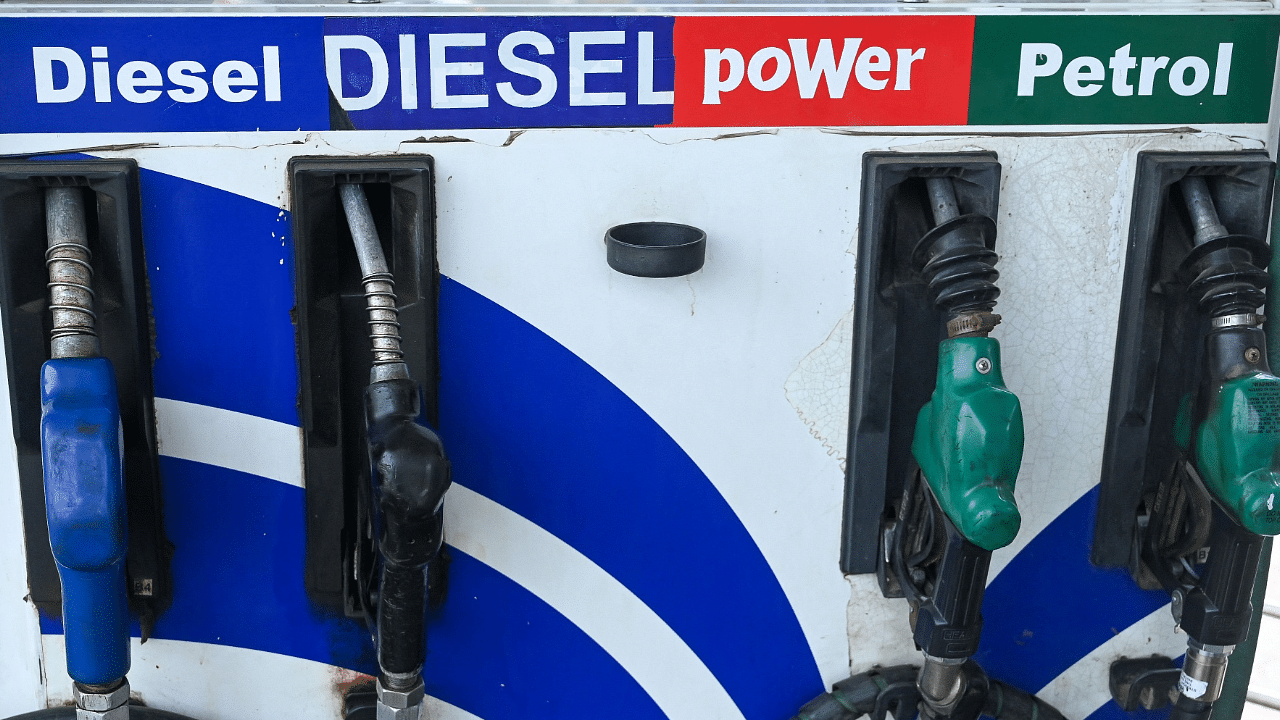
Petrol and diesel prices were hiked for the third day in a row on Saturday. While in Mumbai, petrol has breached Rs 108-mark, in Bengaluru, it is selling at Rs 105.69 a litre. Rates in Delhi and Kolkata have gone above Rs 102 a litre.
This could jack up prices across the board and come in the way of the Reserve Bank of India’s commitment to focus on economic growth at the time of Covid pandemic.
If prices go northward further, the central bank may raise a fresh alert on rising inflation in its monetary policy on October 8.
RBI’s targeting of inflation, which has been mandated by the government to keep retail inflation at 4 per cent with a margin of 2 per cent on either side, has on earlier occasions too suggested to the Centre and states to contain taxes on petrol and diesel.
Experts believe that while the RBI will maintain its accommodative stance in its policy review next week as the recovery from Covid-19 remains nascent, it could raise fresh alarm on rising transport fuel prices, which could potentially derail the fight against price rise. The Centre and states levy various taxes, including excise and value added taxes on petrol and diesel.
Experts have raised concerns that an increase in fuel prices may adversely impact households’ discretionary expenditure. A rise in transport fuel prices also feeds into the prices of other commodities and dent business margins.
This also adversely impact inflation expectation of households. Prices of coal too have shot up in the last few months, which could soon start reflecting on eatables and other FMCG items.
“Rising crude oil prices will eventually seep into retail fuel prices, adding to inflationary pressure,” said Aditi Nayar, Chief Economist at ICRA.
The Centre, however, is in no position to reduce excise duty on petrol and diesel, said an official.
Check out DH's latest videos
